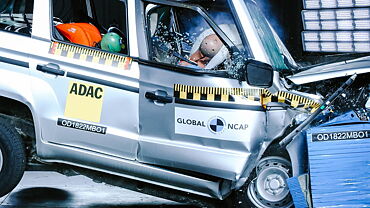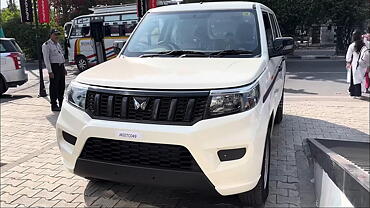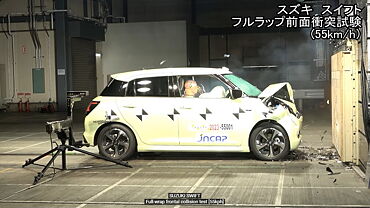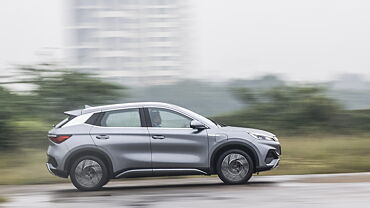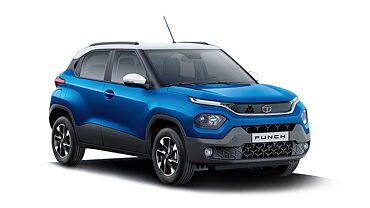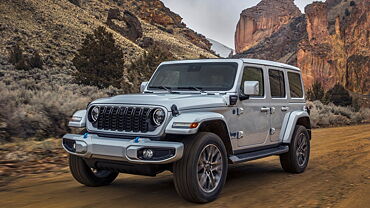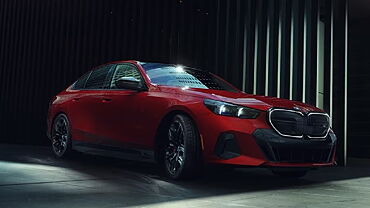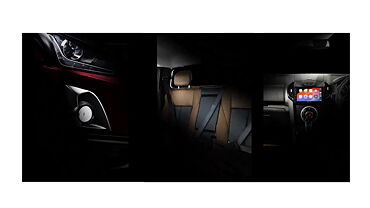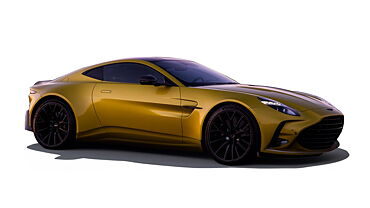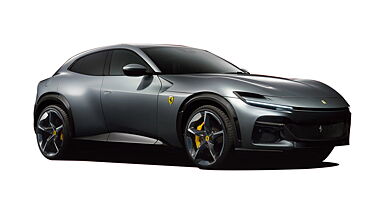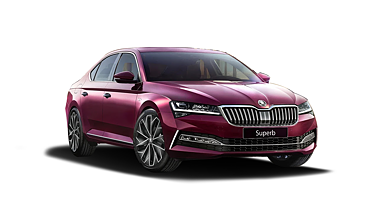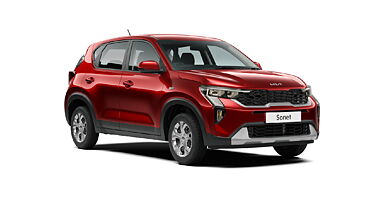It seems as if the situation for car buyers in the country is going back 1990s, wherein they had to pay high taxes to purchase a new vehicle. According to reports, a huge portion of the price on a vehicle goes to the central and state tax departments. Out of all segments, the combination of state and central taxes is the highest in sports utility vehicle (SUV) and multi utility vehicle (MUV), wherein the percentage goes up to as high as 90 per cent on a diesel car's base price. Industry experts believe that such high taxes on cars are also responsible for the fall in the sales of cars in the country. Customers have been battling soaring fuel prices and high interest rates along with the price hike by car makers. All this has contributed to the slowdown in the Indian auto market, resulting in low sales for car companies.
In comparison to utility vehicles, the central and state tax chunk is low for small cars. Statistics claim that for the diesel version of small cars the percentage is 63 per cent whereas for petrol variants it is 58 per cent. The case gets a little worse when it comes to sedans and other big cars, for which the tax burden goes up to 86 per cent on the base rate. A lot of research reports are comparing this situation to the 90s decade, when the cumulative incidence of tax on the base price was above 60 per cent. There are an incredibly high number of taxes of different types that are levied on vehicles, which add on to the burden of consumers.
For instance, if a person has to purchase an SUV that has a base price of Rs. 10 lakh, the total tax is around Rs. 3.46 lakh. This total tax amount of Rs. 3.46 lakh comprises excise duty, national calamity contingency duty, education cess and CST. After this, state taxes like Octroi, road tax and VAT are added, which amount to Rs. 5.54 lakh approximately for diesel cars and Rs. 4.95 lakh for petrol cars. To add all these figures, the total tax amounts levied on diesel and petrol SUVs with a base price of Rs. 10 lakh are Rs. 9.01 lakh and Rs. 8.42 lakh, respectively, meaning that the percentage increases are 90 and 84, respectively. In this case, the statistics are based on the rates and regulations in the state of Maharashtra, considered to be among the highest in the country. Taking a close look at the formation of these taxes, it can be seen that small units are included in the Central taxes, which includes education cess, higher education cess and national calamity contingency duty. All these duties, labelled as temporary by authorities, end up being over Rs. 19000 for an SUV that has a base price of Rs. 10 lakh.
It is not only the SUV segment that suffers as hatchback owners have to pay high taxes too. The Central tax chunk on a hatchback costing Rs. 4 lakh amounts to around Rs. 63000. Add to this count the state taxes of around Rs. 1.7 lakh for petrol and Rs. 1.9 lakh for diesel. To add all figures, the total tax one has to pay on a diesel and petrol hatchbacks are Rs. 2.53 lakh and Rs. 2.33 lakh, respectively. Sources claim that the biggest chunk in these amounts are formed by road taxes, which are levied by state governments.
Industry experts feel that such high tax rates will only worsen the situation for auto makers throughout the country. Society of Indian Automobile Manufacturers (SIAM), the industry body, has been trying to hold discussions with the government in order to get a stimulus package. According to reports, this proposed package includes a reduction in the excise duty, fleet modernisation incentive and decreasing restrictions on purchasing government vehicles.



